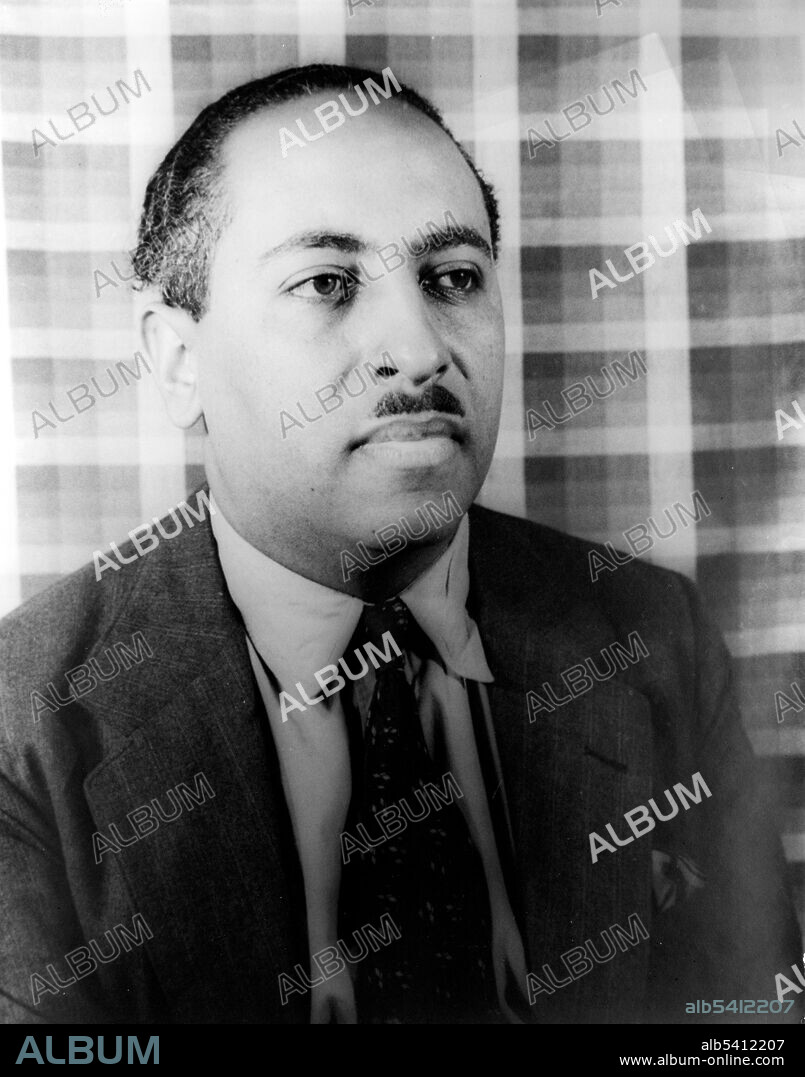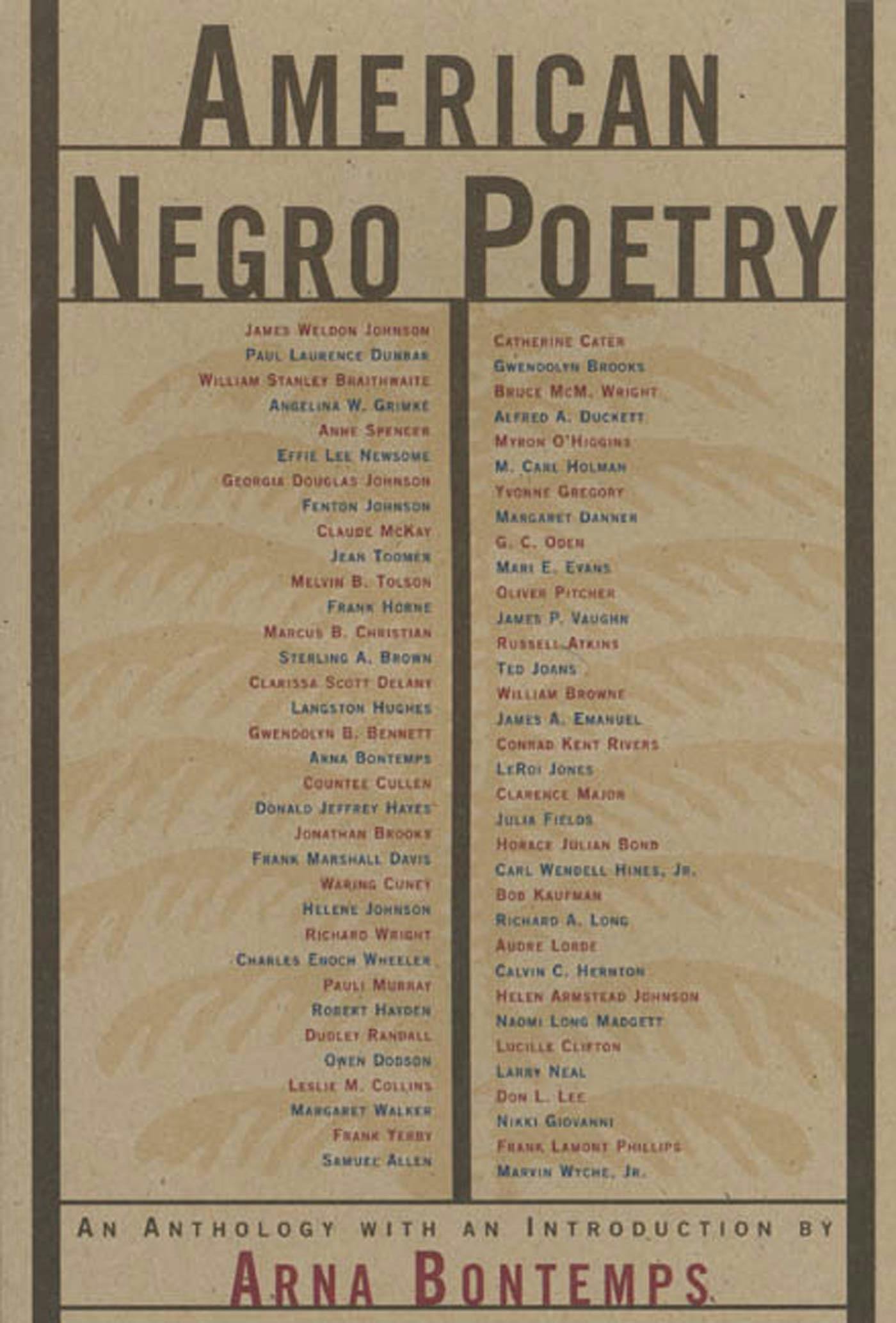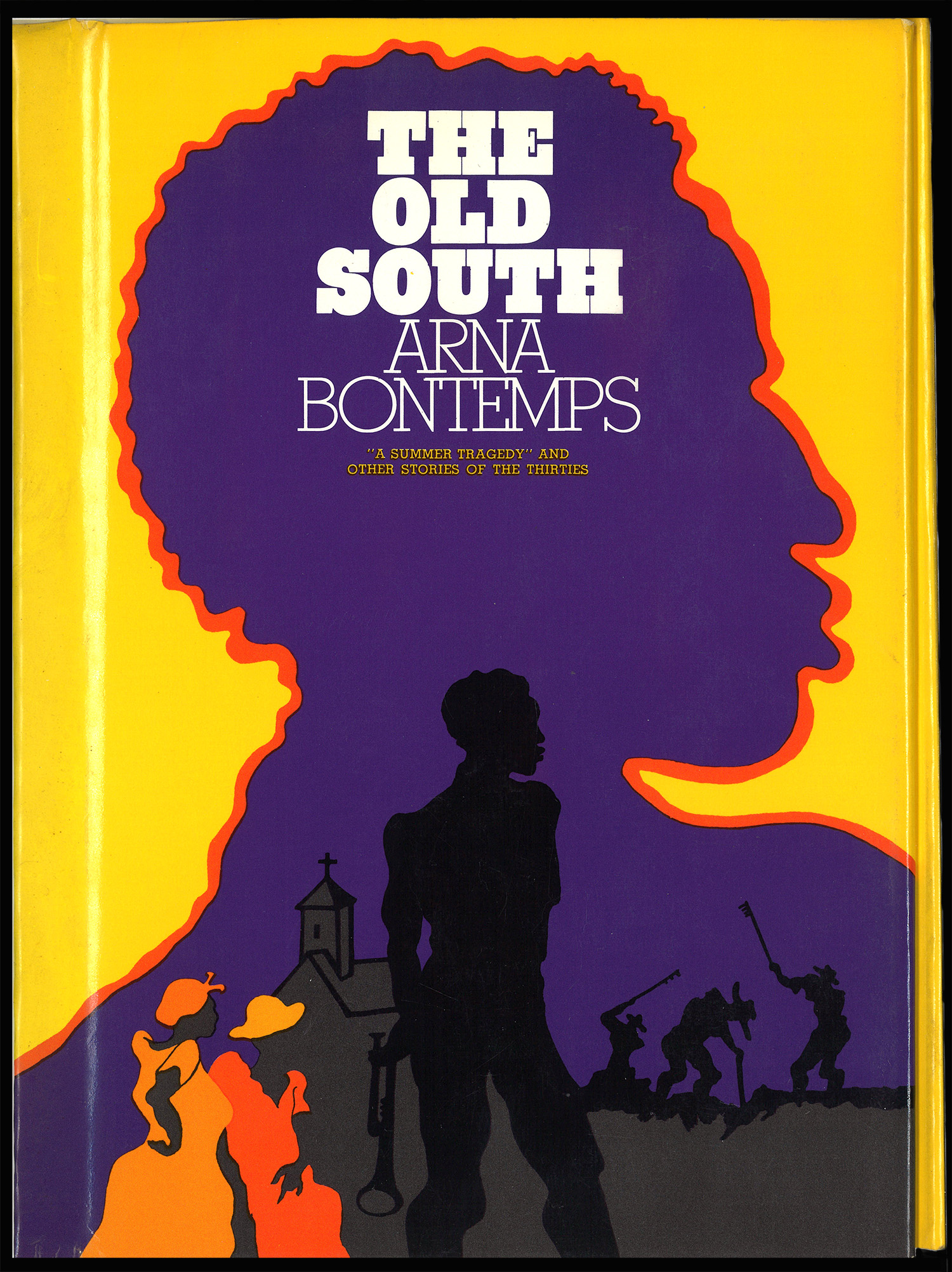
Arna Bontemps was far more than just a name; he emerged as a **literary beacon** for the African American community, illuminating the path for countless writers and thinkers. Born on October 13, 1902, in the vibrant city of Alexandria, Louisiana, Bontemps’s life journey was characterized by his remarkable contributions to **literature**, especially during the transformative era of the Harlem Renaissance. This period was a flourishing time for African American arts and culture, and Bontemps played a pivotal role in shaping its narrative. In this article, we will explore the intricacies of his life, delve into his significant works, and examine the enduring impact he has had on American literature, highlighting how his voice resonated with the struggles and aspirations of his community. Through his poetry, novels, and essays, Bontemps not only captured the essence of African American experiences but also challenged societal norms, leaving a legacy that continues to inspire future generations of writers and activists.
Early Life and Education

Roots in Louisiana
Growing up in the vibrant and culturally rich environment of Louisiana, Bontemps was immersed in a diverse array of **African American traditions** from an early age. The sounds of jazz, the flavors of Creole cuisine, and the stories passed down through generations created a unique backdrop that would profoundly influence his literary work. These formative experiences not only shaped his understanding of the complexities of identity but also provided a lens through which he could explore the struggles and triumphs faced by black Americans. The deep-rooted cultural heritage of Louisiana became a wellspring of inspiration, informing his narratives and enriching his characters with authenticity and depth.
Academic Pursuits
After completing his studies at **Pacific Union College** in California in 1923, Bontemps embarked on a fulfilling teaching career that allowed him to share his passion for literature with students. His subsequent move to New York City introduced him to the vibrant energy of the **Harlem Renaissance**, a groundbreaking cultural movement that celebrated the richness of black art, literature, and music. This dynamic period was pivotal in shaping Bontemps’s literary voice, as he engaged with fellow writers and artists who were redefining the narrative of African American identity. The connections he forged and the artistic expressions he encountered during this time would leave an indelible mark on his work, inspiring him to contribute to the ongoing dialogue about race, culture, and the human experience.
Literary Breakthrough

First Novel: God Sends Sunday
Published in 1931, Bontemps’s debut novel, **God Sends Sunday**, intricately weaves the tale of a talented jockey who, despite achieving notable success in the world of horse racing, grapples with complex personal relationships. The narrative delves deep into the protagonist’s internal conflicts, highlighting the juxtaposition between his professional triumphs and the emotional turmoil he faces off the racetrack. This novel is often celebrated as a significant contribution to the Harlem Renaissance, encapsulating the era’s rich themes of identity, resilience, and the quest for self-understanding amidst societal challenges.
From Page to Stage
In a remarkable evolution of the story, **God Sends Sunday** was adapted into a musical titled **St. Louis Woman** in 1946. This transformation not only showcased Bontemps’s versatility as a writer but also his ability to convey the struggles and aspirations of his characters through the dynamic medium of theater. Collaborating with the renowned poet **Countee Cullen**, Bontemps brought a vibrant energy to the stage, allowing audiences to experience the emotional depth and cultural significance of the characters’ journeys in a new and engaging format. The adaptation further solidified Bontemps’s legacy as a pivotal figure in American literature and the arts.
Exploring Historical Themes

Slave Revolts in Literature
Author Arna Bontemps was known for his fearless approach to addressing complex and often uncomfortable subjects in his literary works. His novels, **Black Thunder** (1936) and **Drums at Dusk** (1939), explore the harrowing themes of **slave revolts** that took place in Virginia and Haiti, respectively. Through these narratives, Bontemps sheds light on the profound **struggles for freedom** faced by enslaved individuals, as well as the remarkable resilience and strength of the human spirit in the face of oppression. His characters are not merely victims; they are portrayed as active agents in their quest for liberation, reflecting the broader historical context of resistance against slavery.
Impact of Historical Context
By skillfully intertwining historical events with his fictional narratives, Bontemps offers readers a richer and more nuanced understanding of the **African American experience** throughout history. His unique ability to blend factual accounts with imaginative storytelling not only captivates readers but also serves an educational purpose, encouraging them to reflect on the complexities of race, identity, and the fight for justice. Bontemps’s works stand as a testament to the importance of remembering and honoring the struggles of those who fought for their freedom, making his contributions to literature both significant and enduring.
Career at Fisk University

A New Chapter in Nashville
In 1943, Bontemps took on a significant role at **Fisk University** in Nashville, Tennessee. As the head librarian, he dedicated over two decades to promoting African American literature and culture. His influence extended beyond the classroom, shaping the minds of countless students.
Legacy as an Educator
Bontemps’s commitment to education was evident in his efforts to make literature accessible to younger audiences. He believed in the power of stories to inspire and educate, a philosophy that guided his work throughout his life.
Contributions to Poetry and Anthologies

Editing and Anthologizing
Beyond novels, Bontemps was a prolific editor. He compiled several anthologies that celebrated **African American poetry** and folklore. Notable works include:
| Title | Year | Description |
|---|---|---|
| Father of the Blues | 1941 | A collection of W.C. Handy’s compositions. |
| The Poetry of the Negro | 1949 | Co-edited with Langston Hughes, showcasing black poets. |
| The Book of Negro Folklore | 1958 | A rich collection of African American folklore. |
| American Negro Poetry | 1963 | A significant anthology of African American poetry. |
| Great Slave Narratives | 1969 | A compilation of narratives from former slaves. |
Influence on Future Generations
Through his anthologies, Bontemps not only preserved the voices of past generations but also paved the way for future writers. His work continues to inspire those who seek to explore the complexities of the African American experience.
Nonfiction Works and Historical Contributions

Writing for Younger Audiences
Bontemps was passionate about making **African American history** accessible to young readers. His nonfiction works aimed to educate and empower, ensuring that the stories of black Americans were not forgotten.
Key Nonfiction Titles
Some of his notable nonfiction works include:
- **The Story of the Negro**
- **The Negro in American History**
Personal Life and Legacy

Final Years
Arna Bontemps passed away on June 4, 1973, in Nashville, Tennessee. His legacy, however, lives on through his writings and the countless lives he touched as an educator and mentor.
Remembering Bontemps
Today, Bontemps is celebrated not just as a writer but as a **cultural icon**. His works remain a vital part of American literature, reminding us of the struggles and triumphs of the African American community.

In a world that often overlooks the contributions of black writers, Arna Bontemps stands out as a powerful voice. His ability to capture the essence of the African American experience through poetry, novels, and folklore has left an indelible mark on literature. As we reflect on his life and works, we are reminded of the importance of storytelling in shaping our understanding of history and culture.
So, the next time you pick up a book or read a poem, think of Arna Bontemps and the legacy he left behind. His stories are not just words on a page; they are a testament to the resilience and strength of a community that continues to inspire.

